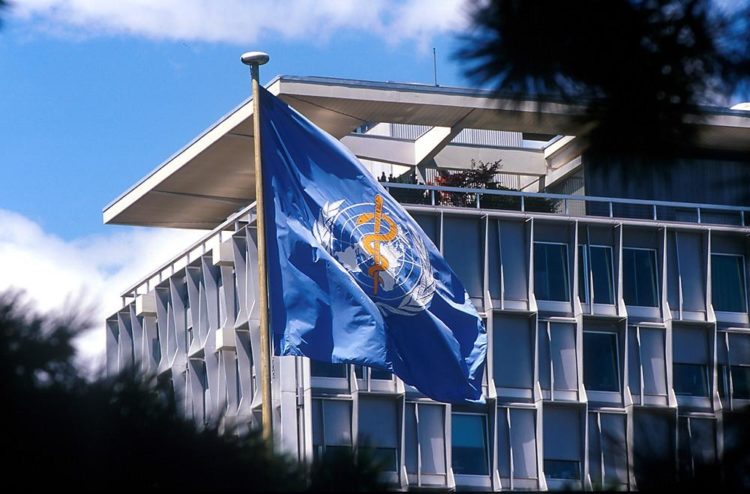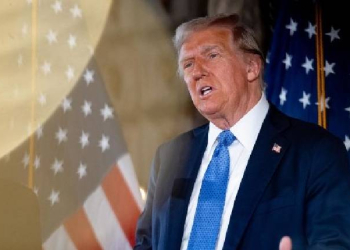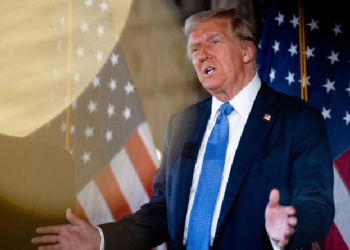Geneva: The World Health Organisation (WHO) on Sunday said it has been reported of 780 laboratory confirmed cases of monkeypox from 27 countries that are not endemic to the monkeypox virus.
This represents an increase of 523 laboratory confirmed cases (+203 per cent) since May 29, when a total of 257 cases were reported.
However, there have been no deaths associated with the current monkeypox outbreak.
While epidemiological investigations are ongoing, the global health body said most reported cases so far have been presented through sexual health or other health services in primary or secondary health care facilities, and have involved mainly, but not exclusively, men who have sex with men (MSM).
But, monkeypox is not a sexually transmitted disease. The virus can spread through any kind of sustained skin-to-skin contact with an infected person who has a lesion. It can also spread through body fluids, contaminated bed sheets and clothing, or respiratory droplets if a person has a lesion in their mouth.
“Since May 13, 2022, and as of June 2, 2022, 780 laboratory confirmed cases of monkeypox have been reported to or identified by WHO from 27 Member States across four WHO regions that are not endemic for monkeypox virus,” the WHO said in a statement.
So far, the West African clade of the virus has been identified from samples of cases. And most confirmed cases reported travel to countries in Europe and North America, rather than West or Central Africa where the monkeypox virus is endemic.
“The confirmation of monkeypox in persons who have not travelled to an endemic area is atypical, and even one case of monkeypox in a non-endemic country is considered an outbreak,” the WHO said.
The WHO noted that the “sudden and unexpected appearance of monkeypox simultaneously in several non-endemic countries suggests that there might have been undetected transmission for some unknown duration of time”.
Scientists also agree to the theory that the monkeypox virus may have been quietly circulating for years before its sudden emergence worldwide.
“There may have been undetected transmission for a while,” said Dr. Rosamund Lewis, the WHO technical lead for monkeypox during a recent briefing. “What we don’t know is how long that may have been. We don’t know if it’s weeks, months or possibly a couple of years.”
(IANS)




















